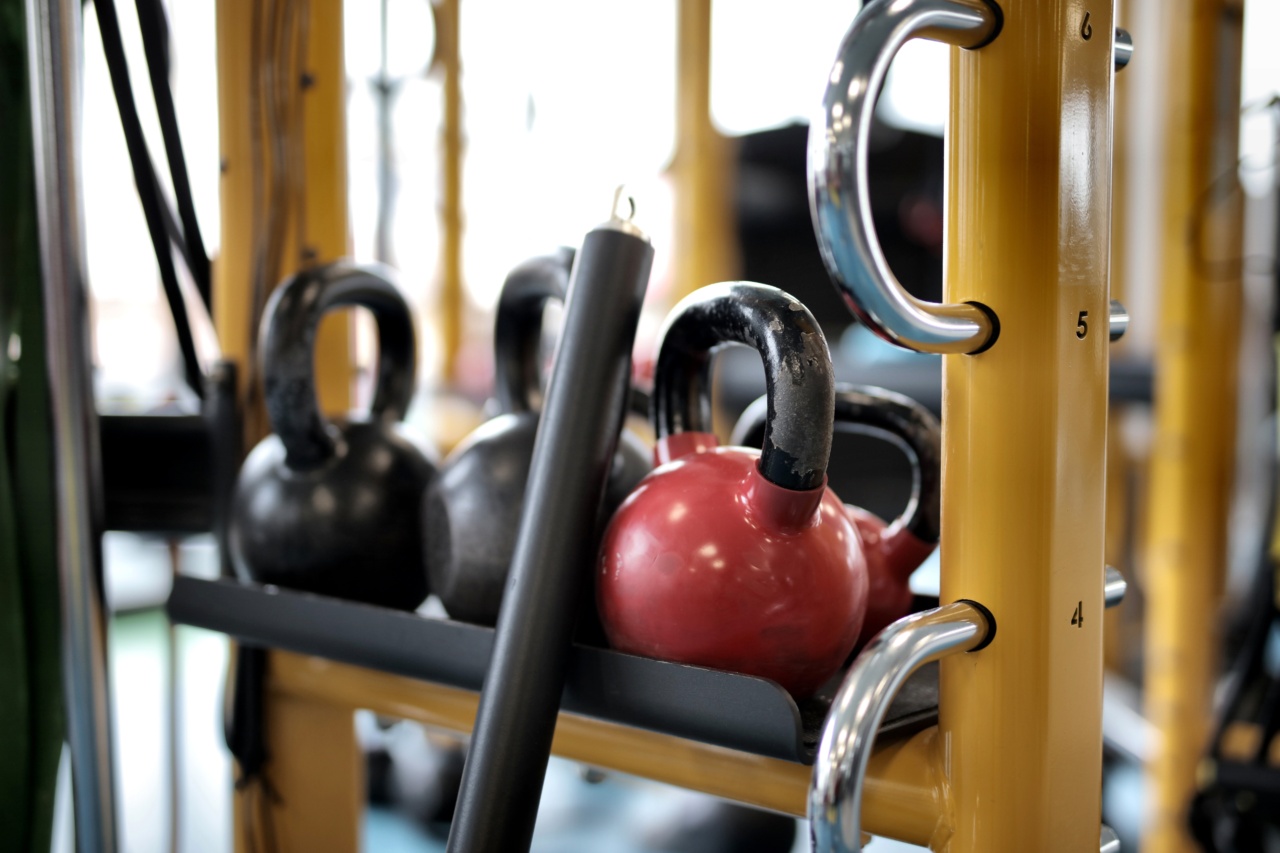Fitness plays a crucial role in maintaining a healthier life and promoting longevity. Regular physical activity not only improves our physical well-being, but also enhances mental clarity and emotional stability.
Engaging in a well-rounded exercise routine can aid in preventing various chronic diseases, enhancing cognitive functions, and boosting overall quality of life.
The Benefits of Exercise for Longevity
Exercise offers numerous benefits that contribute to longevity and a healthier life:.
1. Prevents Chronic Diseases
Regular exercise significantly reduces the risk of developing chronic diseases such as obesity, cardiovascular disease, type 2 diabetes, and certain types of cancer.
Physical activity strengthens the immune system, improves cardiovascular health, and helps maintain healthy body weight.
2. Enhances Cognitive Functions
Physical activity has a positive impact on cognitive functions such as memory, attention, and problem-solving skills. Exercise stimulates blood flow to the brain, promoting the growth of new brain cells and improving overall brain health.
This can help reduce the risk of cognitive decline and improve mental sharpness as we age.
3. Increases Energy Levels
Regular physical activity improves our energy levels and reduces feelings of fatigue. Exercise increases the production of endorphins, which are known as “feel-good” hormones.
These endorphins boost mood, increase energy, and contribute to an overall sense of well-being.
4. Enhances Bone Health
Weight-bearing exercises such as walking, jogging, and strength training are beneficial for maintaining strong bones and preventing osteoporosis.
Exercise helps in increasing bone density and reduces the risk of fractures and bone-related diseases as we age.
5. Promotes Mental Health
Regular physical activity has a positive impact on mental health by reducing symptoms of anxiety, stress, and depression.
Exercise stimulates the release of endorphins, serotonin, and dopamine – neurotransmitters that play a crucial role in mood regulation and reducing feelings of sadness and anxiety.
6. Improves Sleep Quality
Engaging in regular physical activity can help improve the quality and duration of sleep. Exercise promotes relaxation, reduces insomnia, and regulates the sleep-wake cycle. Quality sleep is essential for overall health and longevity.
7. Boosts Cardiovascular Health
Aerobic exercises such as running, swimming, and cycling improve cardiovascular health and reduce the risk of heart disease.
Regular exercise strengthens the heart muscle, lowers blood pressure, and improves circulation, leading to a healthier cardiovascular system.
8. Supports Weight Management
Maintaining a healthy weight is crucial for overall well-being and longevity. Regular exercise helps in weight management by burning calories, increasing metabolism, and building lean muscle mass. It also reduces the risk of obesity-related diseases.
9. Enhances Longevity
Regular physical activity has been linked to increased life expectancy. Exercise helps in preventing age-related decline, improving vitality, and promoting longevity.
Incorporating moderate-intensity exercise into our daily routine can significantly impact how long and how well we live.
10. Improves Overall Quality of Life
An active lifestyle enhances overall quality of life by promoting physical capabilities, maintaining mental well-being, and allowing us to actively participate in activities we enjoy.
Exercise fosters independence and improves confidence, enabling us to make the most out of each day.
Conclusion
Fitness for longevity is not only about looking good, but also feeling good and living a healthier, longer life.
Regular exercise offers a multitude of benefits, including preventing chronic diseases, enhancing cognitive functions, boosting energy levels, and promoting mental health. By incorporating physical activity into our everyday routine, we can take significant steps towards improving our overall well-being and enjoying a long, healthy life.































